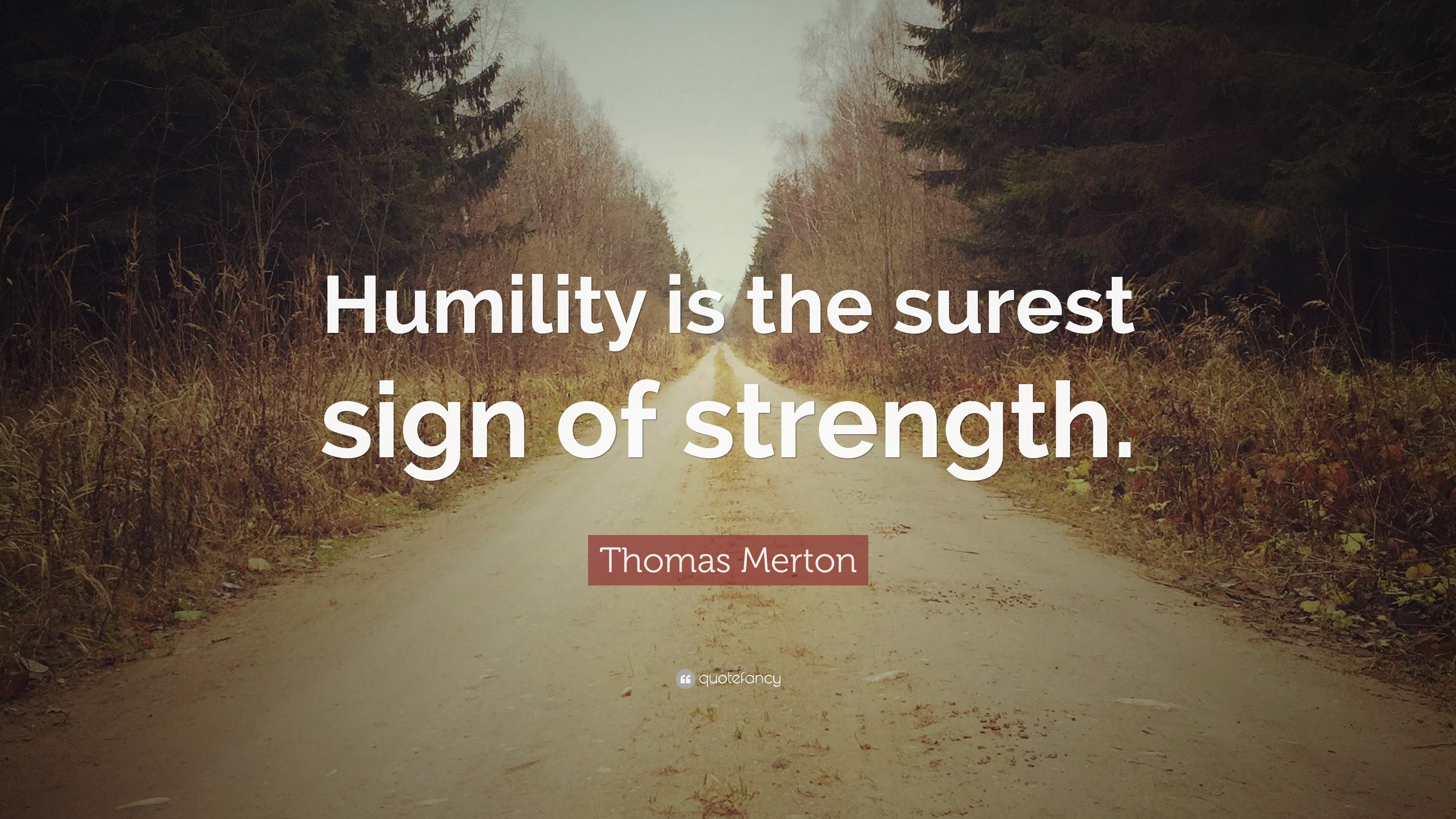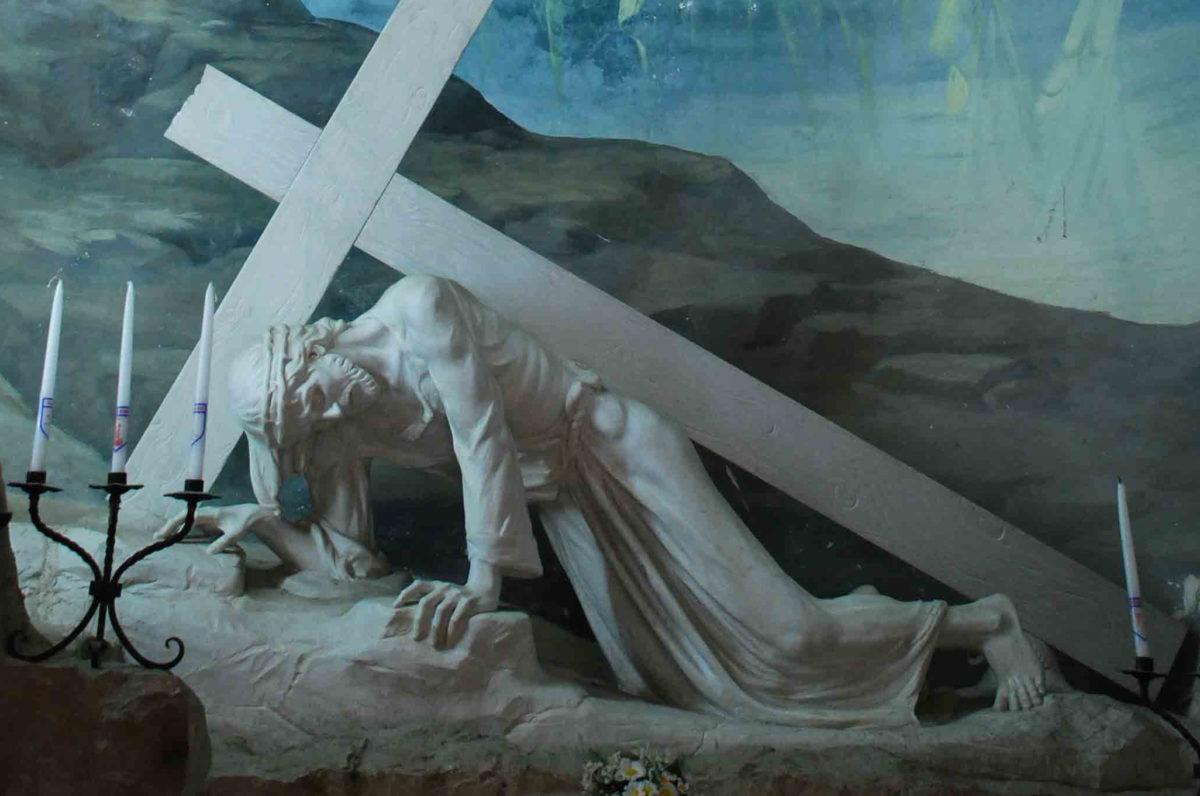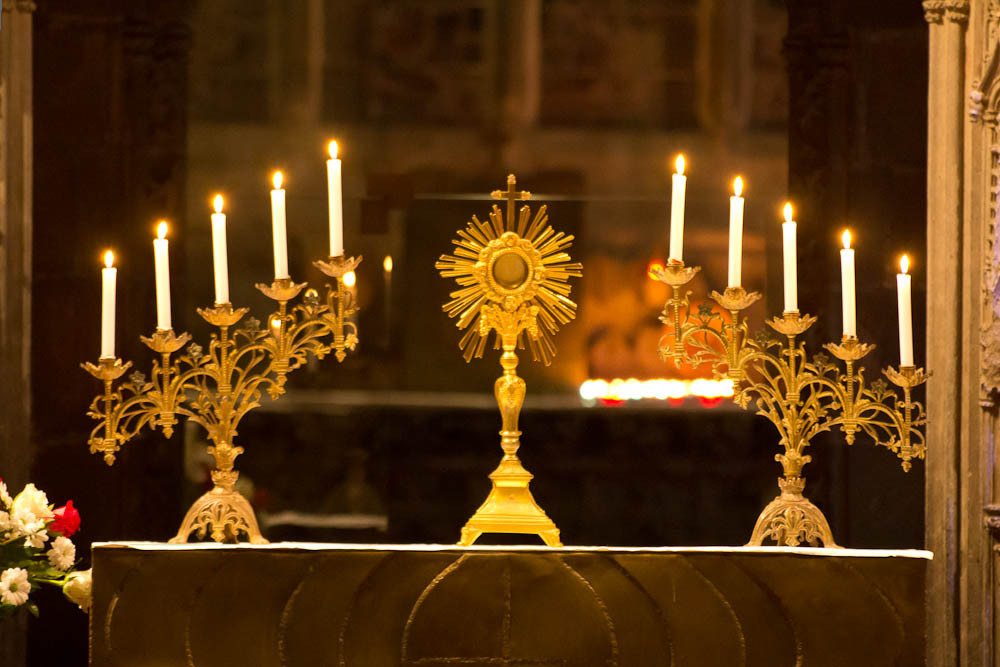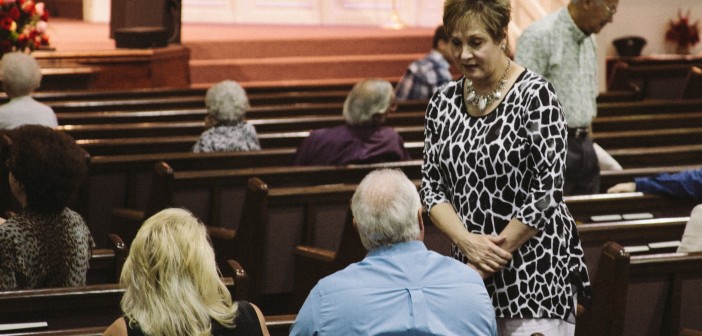“Know thy self.” It’s a saying that goes back to ancient Greece and is a fundamental concept in modern developmental psychology. It’s about knowing your strengths and weaknesses and then addressing those weaknesses and building on those strengths. It’s an important time to build up our defenses against the wickedness and snares of the Devil. The Catholic Exchange ran an article highlighting the attacks Satan uses to exploit our weaknesses. They are:
- Desolation
- Kryptonite: Our major weak point
- Social Environment
- Demonic Proliferation of Impurity
- Devil of Despair
Many of us are under quarantine due to the Covid-19 virus. Unfortunately, this makes Satan’s tools more effective, especially if we aren’t wise about our weaknesses. Many of us are feeling more isolated from others than we’ve ever been. And this can foster a greater sense of despair because we feel so alone and powerless. We may start to question God’s love for us and maybe start believing it’s not as absolute as we’ve been taught. That’s what Satan wants us to believe so he can infect us with his lies and lead us away from God’s grace.
Isolation can also breed unhealthy habits. Many people may feel tempted to visit impure websites and watch trashy television shows out of boredom and a lack of entertainment options. Again, this allows Satan to creep into your life and influence you. The Covid-19 virus is Satan’s once-in-a-lifetime opportunity to take possession of unprepared and unsuspecting souls.

For many of us, the lack of attending Mass has weakened us. I know that we’ve all been given a dispensation from attending Mass and physically receiving the sacraments. But still, not being able to physically celebrate Mass has left even the strongest of us in a weakened state. Watching Mass online or on TV is okay, but not a substitute for physically celebrating Mass and receiving the Eucharist. And it looks like we may be locked down through Holy Week and Easter which means that even the casual Mass-goer won’t be receiving their yearly dose of God’s grace.
The Catholic Exchange article goes on to highlight five ways we can protect ourselves from Satan’s increased influence. At their root, it’s knowing your weaknesses and building spiritual defenses through:
- Fervent Prayer
- Practice of Penance and Fasting
- Periodic Spiritual Direction and Transparency
- Nunc Coepi—Begin Again!
- Mary
This time of isolation can be a blessing if you choose to make it one. It can be a time where you build up your spirituality through prayer and fasting. If your bored or feeling alone, use this time to build your relationship with the Lord. Don’t mindlessly watch YouTube clips and binge watch Netflix. Set aside some time to pray the Rosary and read Scripture and other books to build your faith.
Pray the Fifth Glorious Mystery and ask Mary, our queen in Heaven, for her intercession. She doesn’t live in Heaven for her gratification. She’s there to bring souls closer to her son, Jesus. She wants us to come to her and lay down our worries and concerns at her feet so that she can amplify them and bring them before Jesus. She desires us to know ourselves better so that we learn our strengths and weaknesses. She can then work through her son, Jesus Christ, to increase our desire to live for God’s Kingdom. Our queen doesn’t want to lose any of us to Satan.
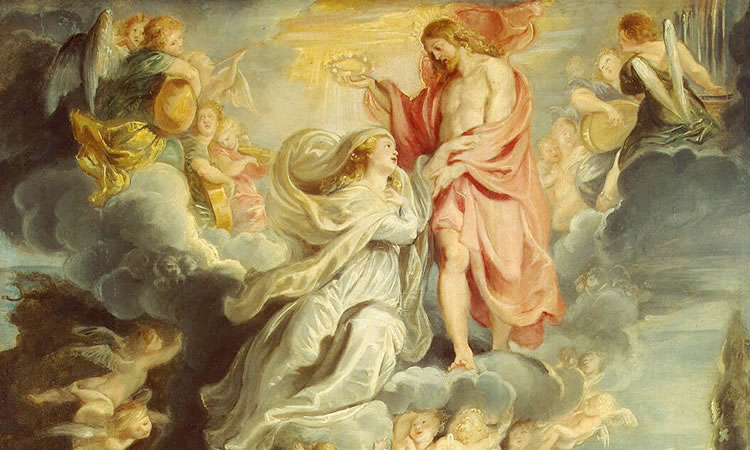
Ask Mary, Queen of Heaven, to:
- help end the Covid-19 pandemic
- help comfort those affected by this virus, either directly or indirectly
- help medical and emergency professionals on the front lines of this outbreak
- help those who have fallen under Satan’s influence in this time of increased isolation
- help us use this time to draw closer to God and trust in His ability to see us through this difficult time.









